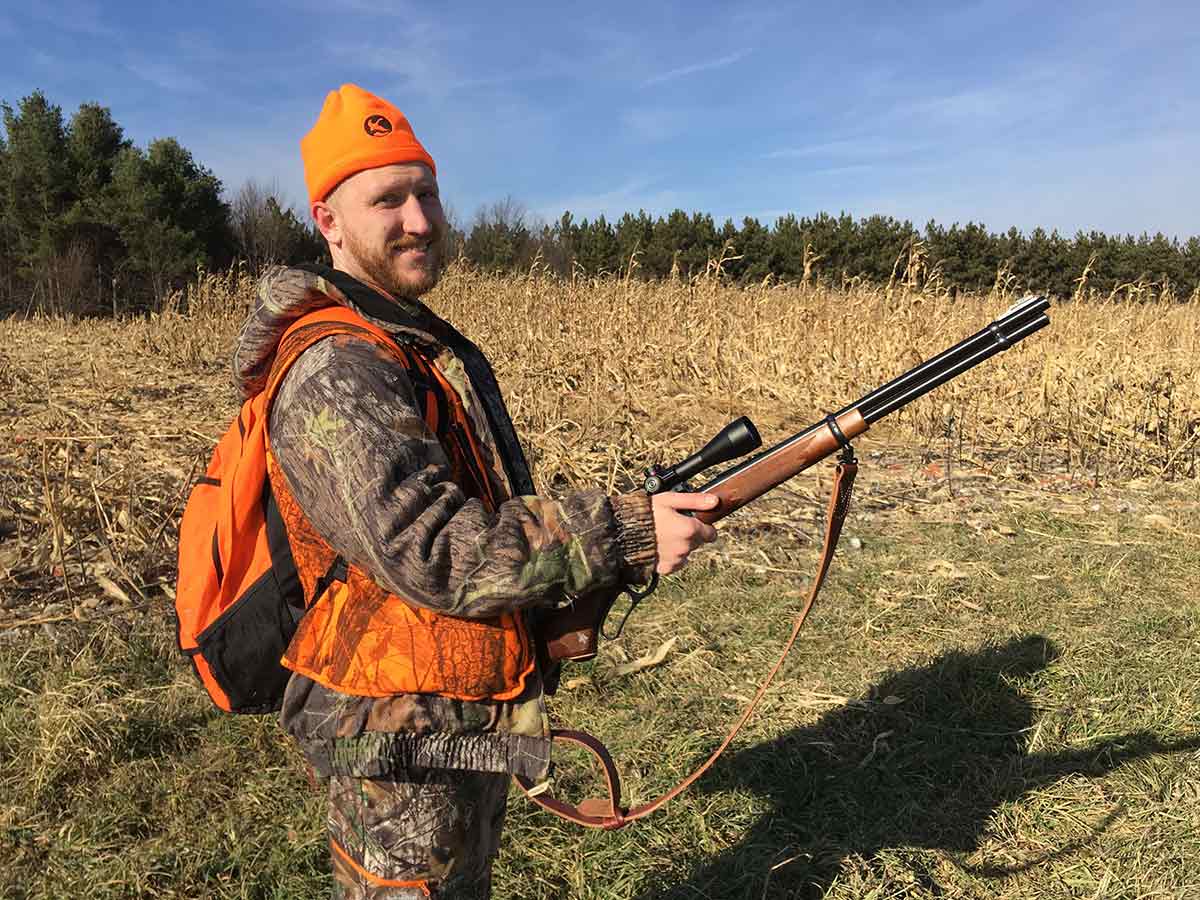
Just as hunting and fishing continue to change, so, too, do the people who make the laws regarding them.
Bob Frye/Everybody Adventures
Hunting has changed and continue to change.
We’re not just talking technology either.
Look at the people who are doing it. Or not, as the case may be.
Hunter numbers have declined in Pennsylvania and across the nation. The baby boomers – responsible for a surge in licenses buyers – is getting older all the time.
And many are leaving hunting. They’re not being replaced on a one-to-one basis by younger people either, said Bryan Burhans, executive dorector of the Pennsylvania Game Commission.
“There’s a wave aging out. There’s no wave coming in behind it to replace it,” said Chris Rosenberry, chief of the deer and elk section for the commission.
Changes in seasons will likely result down the road, he said.
But that doesn’t mean hunting and hunters will disappear.
“Hunting is not going to go away in Pennsylvania. I think there’s a misconception out there that hunting’s going to go down to zero. It’s not,” Burhans said.
But the future – even the present – is and will be different, he noted.
One example is the makeup of the people who make laws impacting hunting — and fishing, trapping and the like, too.
The percentage of lawmakers in Harrisburg – state Senators and Representatives – who hunt and fish is a fraction of what it once was, said John Kline, who represents the Pennsylvania Federation of Sportsmen’s Clubs at the Capital.
“That’s absolutely true. Twenty-five years ago, you had 25 people in the Senate who hunted. Now you can count them on one hand. And the ratio is probably the same in the House,” Kline said.
That’s not surprising necessarily, said Keith Gillespie, the York County Republican who chairs the House of Representatives game and fisheries committee.
With fewer and fewer people among the general population hunting, fishing and trapping, it only makes sense that fewer lawmakers would, too.
“That’s probably just following the trend with general society,” Gillespie said.
That could have consequences, though.
The Humane Society of the United States and People for the Ethical Treatment of Animals, or PETA, have a full-time lobbyist working the Capital. Kline said. Sportsmen are less well represented.
He works at the capital full time and represents the Federation. Some other groups, like the United Bowhunters of Pennsylvania, have a volunteer or two that make the rounds if they’re in town for something like a Pennsylvania Game Commission meeting, or if a specific issue comes up.
But otherwise, he said “there’s no one in Harrisburg working on sportsmen’s issues.”
Sometimes, without that kind of guidance, lawmakers who don’t hunt or fish simply turn to those who do for advice on how to vote on a particular issue.
“You tend to seek out those people who may have a little more experience than others. I think that would apply with hunting and fishing and sporting issues,” he said.
That can make it hard to convince some lawmakers what’s important, though, Gillespie admitted.
“It gets hard when you’re the lone voice in the woods. It’s a lot easier when people are informed and have some experiences or remember going fishing pr maybe going to deer camp,” he said.
“So I guess it’s our job to inform and educate.”
There’s also the issue of harmful legislation. With so few sportsmen and women among lawmakers, laws negatively impacting the outdoors are a bigger threat than before, Kline added.
“That’s the No. 1 fear I have. Fewer and fewer people in the legislature do what you and I do, hunt and fish,” Kline said.
“And that’s the danger. It’s really, really troubling.”
So what to do?
Getting more hunters and anglers elected would be great, Kline said. More realistically, sportsmen need to actively speak out on issues impacting what they do.
It may also mean looking for partnerships going forward, he added. Sportsmen’s groups and other conservation organizations – like land conservancies –have more in common than otherwise and should be working together, he noted.








